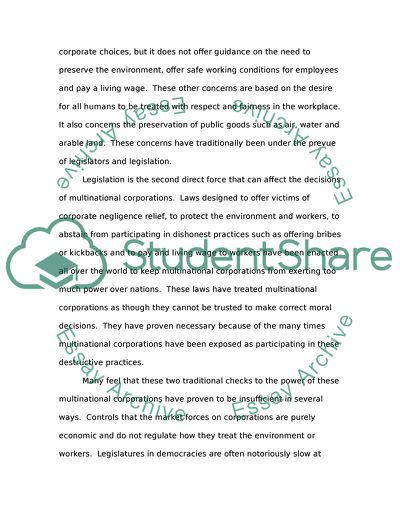Cite this document
(Corporate Social Responsible Essay Example | Topics and Well Written Essays - 3000 words, n.d.)
Corporate Social Responsible Essay Example | Topics and Well Written Essays - 3000 words. Retrieved from https://studentshare.org/sociology/1731834-corporate-social-responsibility
Corporate Social Responsible Essay Example | Topics and Well Written Essays - 3000 words. Retrieved from https://studentshare.org/sociology/1731834-corporate-social-responsibility
(Corporate Social Responsible Essay Example | Topics and Well Written Essays - 3000 Words)
Corporate Social Responsible Essay Example | Topics and Well Written Essays - 3000 Words. https://studentshare.org/sociology/1731834-corporate-social-responsibility.
Corporate Social Responsible Essay Example | Topics and Well Written Essays - 3000 Words. https://studentshare.org/sociology/1731834-corporate-social-responsibility.
“Corporate Social Responsible Essay Example | Topics and Well Written Essays - 3000 Words”, n.d. https://studentshare.org/sociology/1731834-corporate-social-responsibility.


